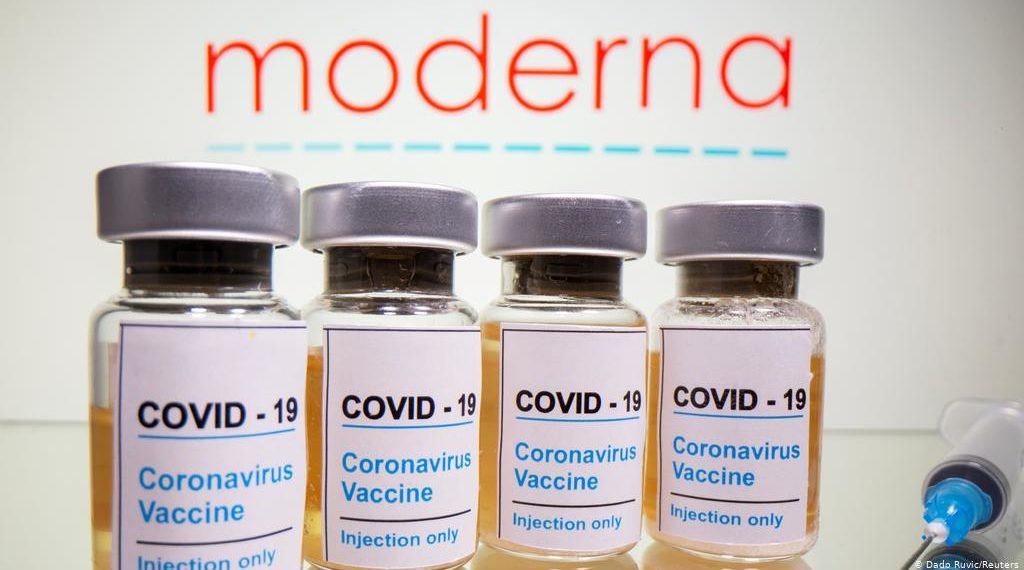Moderna’s coronavirus vaccine has become the second to be approved for emergency use in the US.
The country’s Food and Drug Administration announced the authorisation a day after the agency’s panel of outside experts backed the vaccine.
“With the availability of two vaccines now for the prevention of COVID-19, the FDA has taken another crucial step in the fight against this global pandemic that is causing vast numbers of hospitalizations and deaths in the United States each day,” FDA Commissioner Stephen M Hahn said in a statement.
The FDA based its decision on results from a late-stage study of 30,000 volunteers which found that the vaccine was nearly 95% effective at preventing illness from COVID-19.
The study also said there were no serious safety concerns resulting from the vaccine’s use, although possible side effects include sore arms, fever, fatigue and muscle aches.
US National Institutes of Health Director, Dr Francis Collins said, “We’re not done with this but hope is on the way, and the hope comes from this scientific brain trust that has pulled out all the stops.”
Health and Human Services Secretary, Alex Azar added in a statement that the “authorization of Moderna’s vaccine means we can accelerate the vaccination of frontline healthcare workers and Americans in long-term-care facilities, and, ultimately, bring a faster end to this pandemic.”

The US is the first country to authorise use of the Moderna vaccine – European regulators could approve it as early as 6 January and the UK could also approve it soon.
Moderna says it is prepared to distribute 5.9 million shots in the US as “early as this weekend”, news that will bring some comfort in a country that has already lost more than 313,000 people to the virus.
An average of 216,000 people in the US test positive for the disease each day and hospitals are struggling to keep up with the number of patients suffering serious complications.
The US has already approved use of a vaccine by Pfizer and BioNTech but the Moderna vaccine is easier to store and distribute, capable of remaining stable at -20C – equal to most household or medical freezers – for up to six months.
As a result, Wafaa El-Sadr, a Professor of epidemiology and medicine at Columbia University in New York, has recommended that since Moderna is easier to store, the Pfizer-BioNTech vaccine must be restricted to areas that have the necessary infrastructure to store it at those temperatures.
“They’re similar in that they both use the same technology, the same approach to making the vaccine. They both require two doses,” she said.
Like the Pfizer vaccine, Moderna’s uses a piece of genetic code that trains the immune system to recognise the virus and attack it. Both require receiving two jabs several weeks apart.
The Moderna vaccine was found to be especially effective in older adults, who are most vulnerable to complications from the disease.
However, like the Pfizer version, it is not clear whether the Moderna jab prevents asymptomatic spread.






















